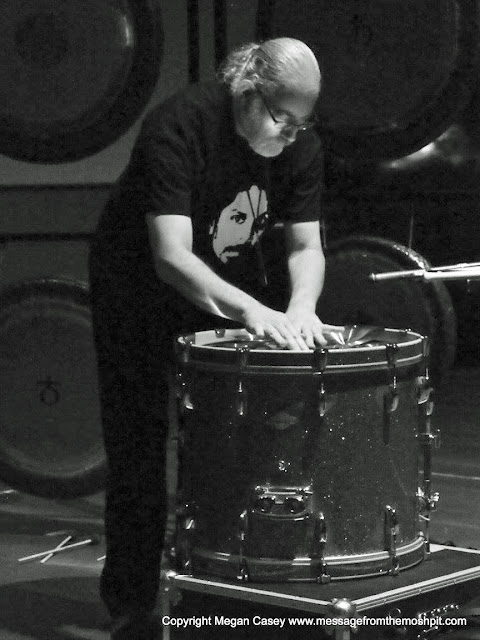Learn to Take the Bad With the Good
I'm sure we've all had those moments, the moments when we've played 8 beats, or even a whole song/composition, that sounds amazing, wonderful, beautiful. And that moment is transformative, because it feels so good . And we sit back later, going, “Oh, that was great!” But then we look at the rest of our playing and start feeling terrible, because we see those moments as some sort of black hole that we seem to exist in: “If only I could play great all of the time…” Playing great is, well, great. Playing great is, well, great. But it's not everything. Yes, we should all strive to play the best we can, to make the best sounds, keep the best time, and just be the best we are capable of—but that can cause us to lose sight of the music. After all, we are here for the music. We are here to create something that comes together and becomes music. And sometimes music, and our performance of it, is less than great. But that doesn't mean it isn't worthwhile. Just th...







